Strong maternal lines at Texas Angus
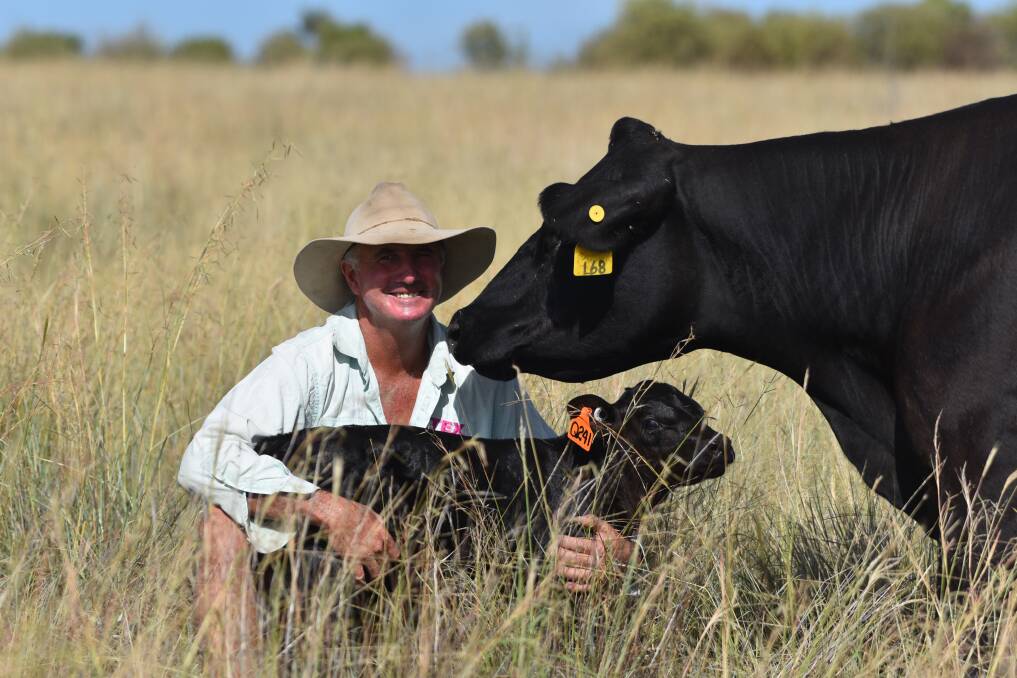
This is branded content for Texas Angus
TEXAS Angus has one of the longest-running continuous bloodlines in the country, beginning with 22 heifers and one stud bull, Kirkton Eroll, that were imported by the Scottish Australian Company, which founded the stud on Texas Station, Texas, Queensland, in 1936.
When the stud was dispersed in 1955, Walter Mayne and his son Bill, purchased most females to establish the Gibraltar Angus stud on the property next door.
Gibraltar stud was then dispersed 26 years later in 1981, where Bill and his wife Judy purchased 21 stud cows with heifer calves at foot.
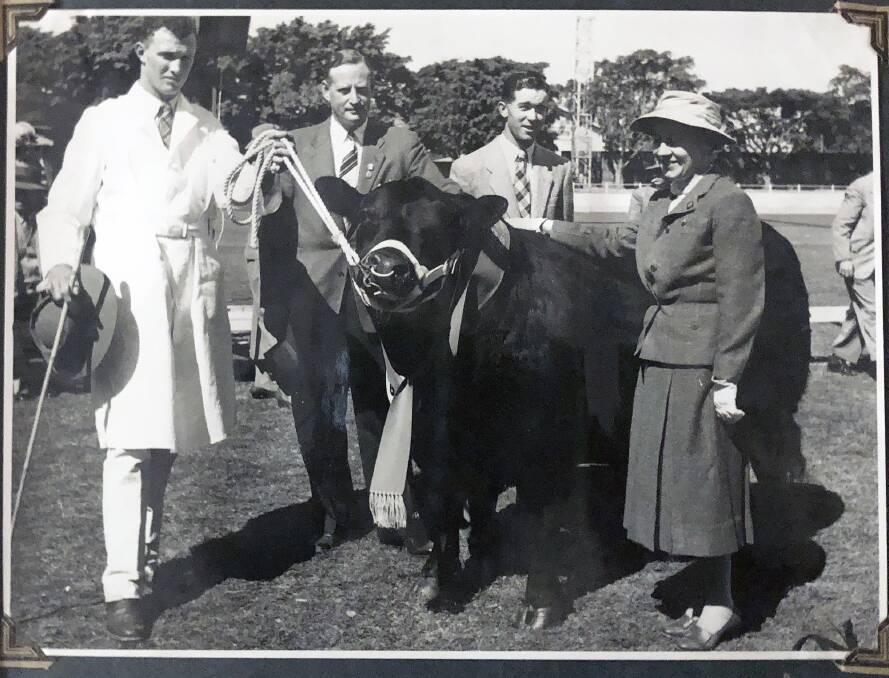
Bill was able to reform the Texas Angus stud with the former manager of Texas Station giving him the Texas prefix.
In 1998, Texas Angus was relocated to the property Doongara, north of Warialda, NSW, where it is now run by third-generation stud breeder Ben Mayne and his wife Wendy, who also has a background in seedstock production with her family owning Leeds Shorthorns at Jerilderie, NSW.
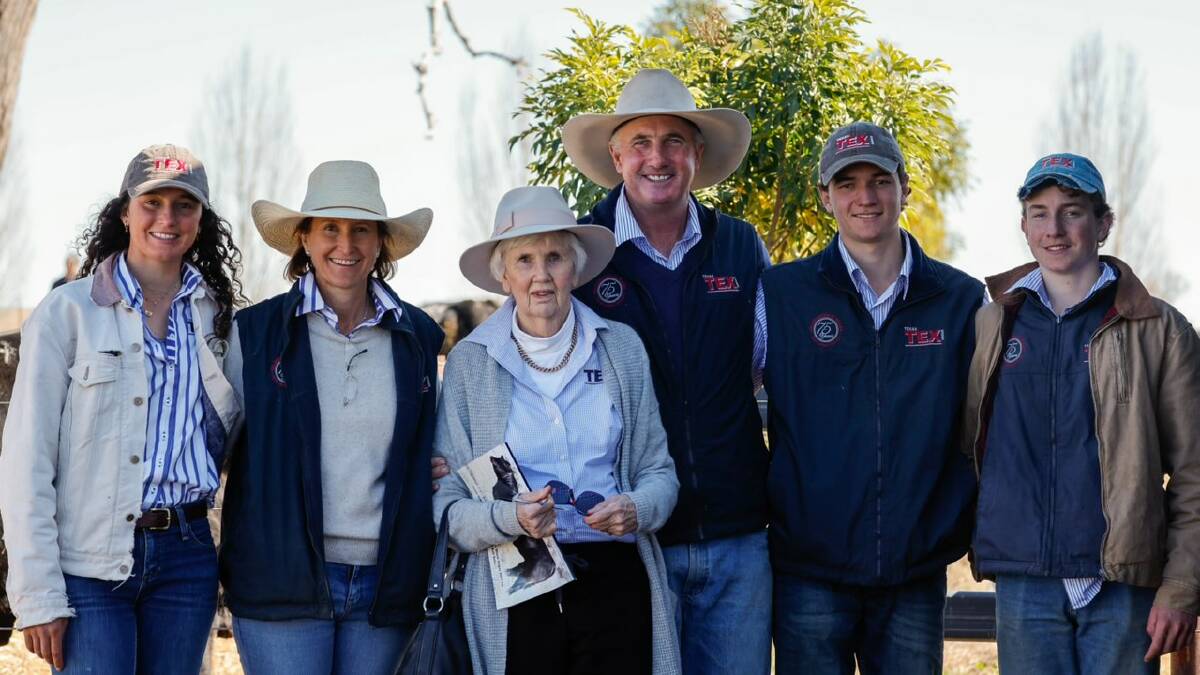
This year marks the stud's 88th year of breeding stud Angus cattle.
Every one of the 900 females in the Texas Angus herd relate back to the original 22 females imported from Scotland in 1936.
"These cows have strong maternal lines that have always been run under strict, tough commercial conditions, and for the past 10 years the quality herd's genetics for meat quality and profitability have been tested through many of Australia's largest feeder carcase competitions," Mr Mayne said.
"We are very much focused on delivering a quality product that is not only going to make money for our clients, the cow calf producer, but every sector of the beef industry which is the backgrounder, the lotfeeder and the processor, plus have a desirable eating product that the consumer desires.
"By benchmarking our breeding program in these feeder carcase competitions, it has provided us with industry relevant information that we feed back into the Angus Breedplan database which is constantly improving the accuracy and quality of our carcase data."
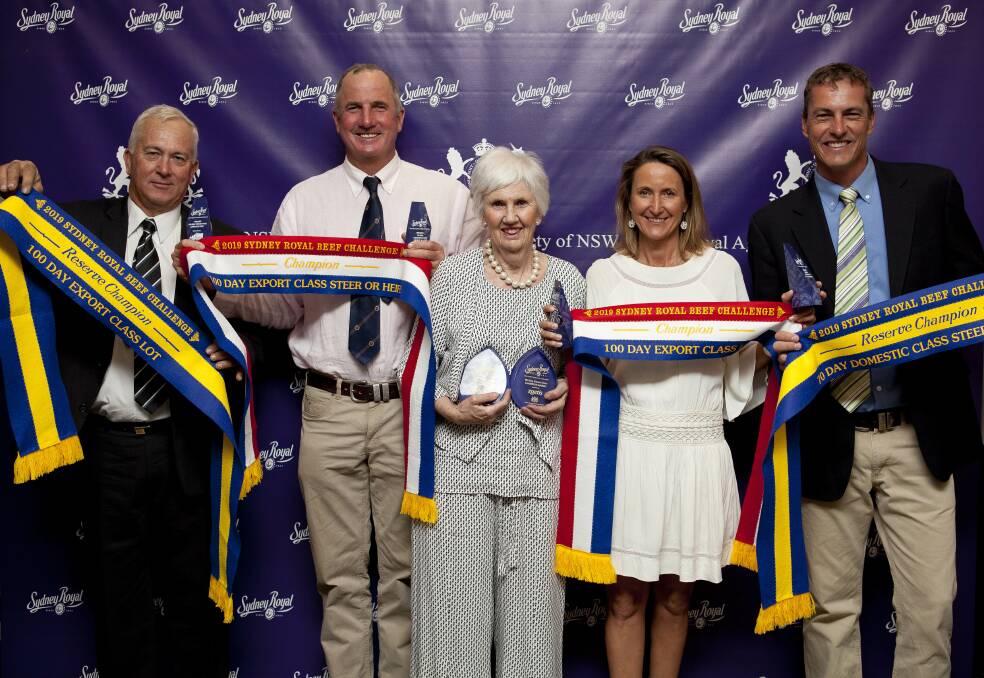
Texas Angus implemented a docility scoring system for both weaners and their mothers 20 years ago.
"We score every cow when she calves on behaviour while we're tagging and weighing the calf and have found that there is a strong correlation of the dam's behaviour at calving and the temperament of her progeny at an older age," Mrs Mayne said.
"Since implementing the system, they can comfortably tag every calf at Texas Angus with their mother standing beside them without any need to invest in a caged calf catcher."
Another highly heritable trait is gestation length, which has been a big focus at Texas for a long time.
"Being strict on fertility with these cows that calve early every year means there are a number of bulls in this year's sale that are out of cows who are now on their 13th or 14th calf and still going, which is longevity and stayability at its best," Mrs Mayne said.
"Those cows are consistently in that top group and haven't been culled because they're still performing and adding so much value to our breeding program."
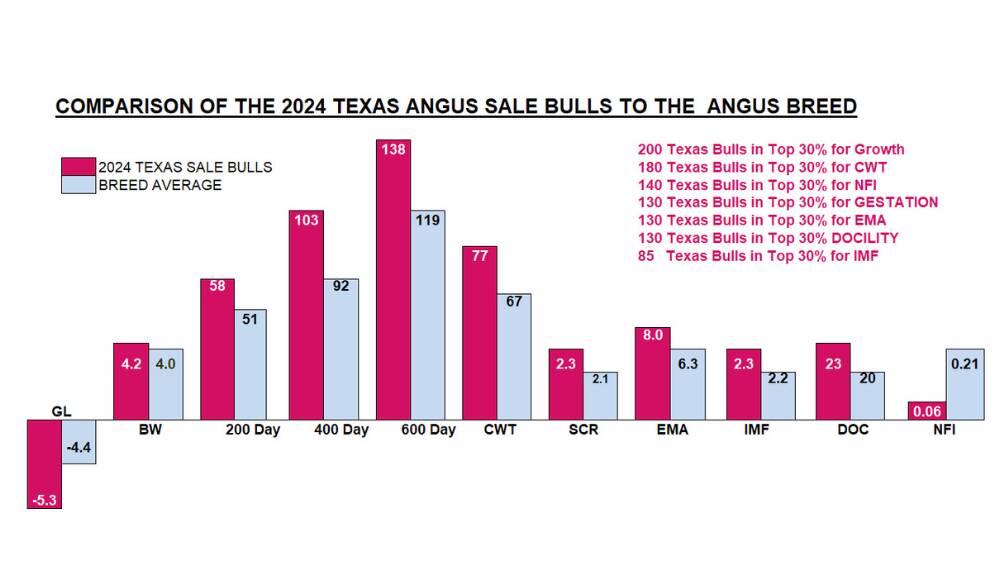
The stud has had tremendous success at recent bull sales, selling Texas Powerplay for $108,000 in 2020; Texas Iceman in 2021 for $220,000, setting an Australian record; Texas Bonus for $80,000 in 2022; and $360,000 for Texas Thunderstruck last year, setting a new Australian all breeds record.
Texas Angus will be selling its largest and most even draft of 273 bulls and 100 commercial pregnancy tested in calf heifers at their annual on-property sale on July 25, including the biggest line up of 84 Poss Rawhide sons (brothers to Thunderstruck) and 35 Poss Deadwood sons to sell in Australia.
The stud will provide volume buyers the opportunity to purchase the entire draft as pick or pair.
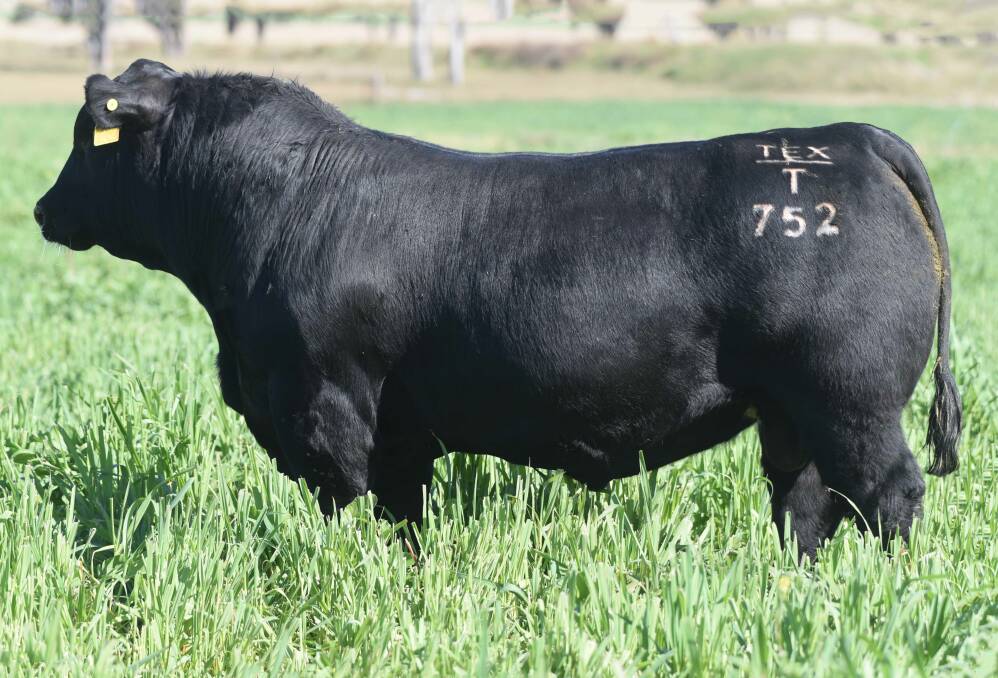
This is branded content for Texas Angus


